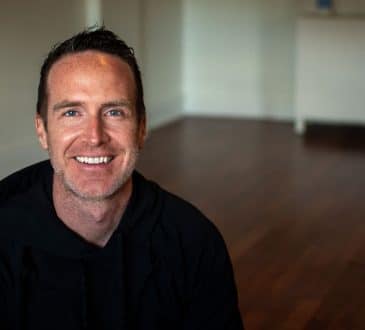UHNWs in New Zealand Have At Least $30 Million in Wealth: Insights and Trends of Wealth Growth

According to the latest wealth report from real estate consultancy Knight Frank, 2023 saw 2,587 individuals in New Zealand achieving “ultra high net worth” status, defined as having at least US$30 million in wealth. Stats NZ highlighted that in 2021, the top 1% of New Zealand households possessed net wealth of at least $7.59 million, significantly higher than the median net worth of $397,000 for all households.
This wealth data is due for an update next year, with changes expected. While property prices have dropped 16.4% from their peak, and the 2021 data includes much of the runup to that peak, the S&P 500 has risen by 31% since then, suggesting that business values may not have fallen as sharply as property prices.
Ed McKnight, an economist at Opes Partners, analyzed what it would take to reach the top 1% wealth bracket, assuming $7.59 million remains the benchmark. He calculated that investing solely in the US stock market would require an initial investment of $1,704 per week starting in June 2004. This amount would need to increase annually in line with household income growth, amounting to $2,824 per week in today’s money. McKnight noted that this equates to $146,848 annually, which is above the average household income of around $132,000, making it an unrealistic goal for most people.
McKnight explained that over 20 years, 35% of the accumulated wealth would come from the initial investments, with 65% from investment returns. For a 10-year investment plan, the weekly investment would need to start at $6,544, with 55% of the wealth coming from investments and 45% from returns. He emphasized the importance of long-term market participation, where returns compound over time, creating a growth effect.
He also explored property investment as a path to wealth, noting that the median house price in New Zealand in 2004 was around $250,000. Tracking this against the REINZ house price index, one would need to purchase a property every nine months over 20 years to reach the top 1%, totaling 27 properties. Alternatively, starting in 2014 would require buying 61 properties over 10 years, approximately one every two to three months.
While McKnight acknowledged that this “thought experiment” is impractical for most, it underscores the value of time in building wealth. He advised diversifying investments across different assets, including growing and selling a business, a well-established method for wealth accumulation in New Zealand. However, he cautioned that even following such a plan would not guarantee entry into the top 1% due to the potential for the wealth of the top 1% to grow faster than investments.
McKnight also questioned whether aiming for the top 1% should be a goal, suggesting that it might be more important for individuals to determine what level of wealth would make them happy.
Brad Olsen, Chief Executive of Infometrics, commented that while property has traditionally been a route to wealth, this might not be as certain in the future. He noted that historically, house prices consistently rose, but with current government commitments to increase supply, expectations of house price growth might need to be tempered. This could encourage investment in other areas, such as businesses, leading to new investment models and diversifying wealth drivers.
Overall, the insights from McKnight and Olsen reflect a changing landscape for wealth accumulation in New Zealand, emphasizing the importance of diversification and long-term investment strategies.
| GDP (nominal) | Capital | Head of State | Head of Government | GDP (nominal) per capita | GDP (PPP) | GDP (PPP) | GDP (PPP) per capita |
|---|---|---|---|---|---|---|---|
| New Zealand | Wellington | Charles III | Christopher Luxon | 249.415 | 48.072 | 279.183 | 53.809 |
Have you read?
World’s Best Countries For Retirement.
World’s Best Countries For Women.
World’s Best Countries To Visit In Your Lifetime.
US States With the Largest Gender Pay Gaps.
CEOs who have secured the most funding during their tenure in companies in each US state.
Bring the best of the CEOWORLD magazine's global journalism to audiences in the United States and around the world. - Add CEOWORLD magazine to your Google News feed.
Follow CEOWORLD magazine headlines on: Google News, LinkedIn, Twitter, and Facebook.
Copyright 2025 The CEOWORLD magazine. All rights reserved. This material (and any extract from it) must not be copied, redistributed or placed on any website, without CEOWORLD magazine' prior written consent. For media queries, please contact: info@ceoworld.biz








